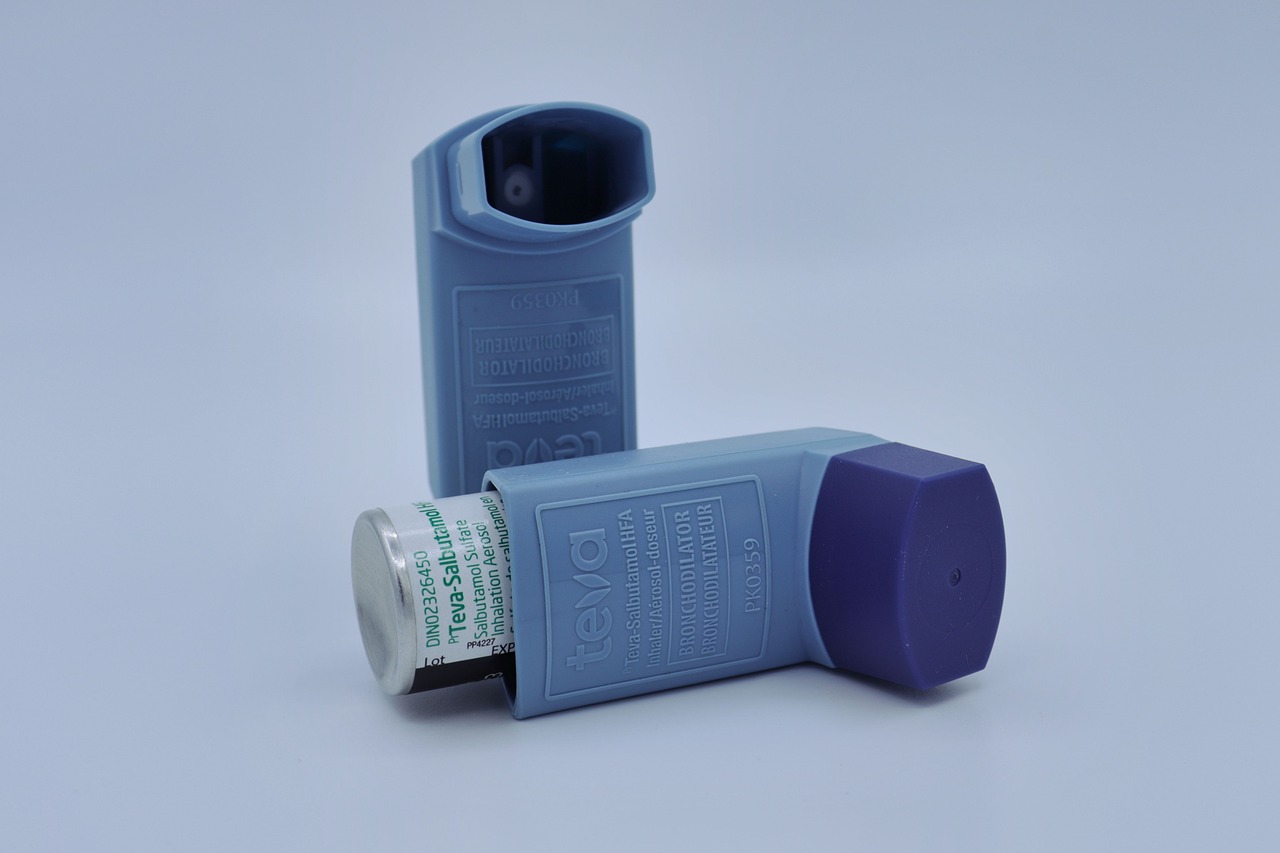The influenza virus has resulted in the death of 200 people, and left many more in intensive care units across the UK over the cold winter period.
This year the influenza virus has landed more than 2,000 people intensive care, despite the virus circulating at unusually low levels. This level of infection is said, by doctors, to be as high as the 2009-10 and 2010-11 pandemic. Leading experts advised said that those who have not had this year’s winter flu vaccine will be most at risk, resulting in another call for residents to ensure they are getting vaccinated.
An aggressive outbreak
The outbreak has been so aggressive this year that Public Health England has urged individuals who are most at risk of contracting the virus to seek medical guidance and vaccinations – particularly the elderly, pregnant women and adults with a long-term medical condition.
In total, 2,182 people in the UK have had to be admitted to an intensive care unit because of flu since the start of October – over 100 more than the 2,045 who needed such care in the same period last year. Those who do contract the virus can struggle to breathe, and deaths have occurred as a result.
This strain has proven to be particularly dangerous as it follows a different pattern than usual, with far fewer people visiting their GP about it – but large numbers becoming very unwell. Overall, the five NHS trusts in England providing critical extracorporeal membrane oxygenation (ECMO), the highest level of lifesaving support available for patients who are struggling to breathe, have used the technology on flu patients in recent weeks.
At St Mary’s hospital in London, at least six of the intensive care unit’s 32 beds have been taken up with flu patients since mid-December. A consultant in the ICU at St Mary’s says that, in all of his 25 years working in this field, “this is the worst flu season I have ever known” – going on to say: “Although the overall incidence of flu reported by Public Health England is, if anything, lower than last year, our experience at St Mary’s has been that we have seen more patients with severe influenza requiring intensive care than we saw even in 2010.
“Our impression is that patients who have ended up in ICU have generally not been vaccinated so even if the vaccine hasn’t been completely protective, it has reduced the risk of life-threatening infection.”
Further claims that this year’s strain is particularly virulent comes from the president of the Society for Acute Medicine, whose members help care for flu patients in hospitals, as well as director of the trust’s paediatric and adult ECMO programme at Leicester Hospitals trust. “From the relatively lower rates of GP consultation and so far hospital admission compared to the higher levels of ICU/HDU need and nearly 200 flu-related deaths, it could point to this year’s strain being particularly virulent and causing more extreme reactions in infected patients,” one explained.
“I would urge anyone who requires vaccination but has not had it yet to get vaccinated, as circulating levels are still significant and the illness caused very severe.”
Protect and prevent
Most recent data, released by PHE, shows that, by the fourth week of January, 44.8% of pregnant women received the winter flu vaccine, as had just 46.7% of those under 65 and 71.2% of those over that age who are in a clinical risk group owing to an underlying medical condition – such as diabetes or asthma.
Official advice is that everyone in at-risk groups should have the jab to protect themselves. In order to develop a more stable and reliable vaccine for the influenza virus, more research is needed. At FluCamp, we study viruses like the flu and the common cold through the use of clinical trials, in the hopes that one day we will be able to get rid of these viruses altogether.
To find out more about FluCamp and the work that we do, contact us for more information, or learn more about our clinical trials.
















